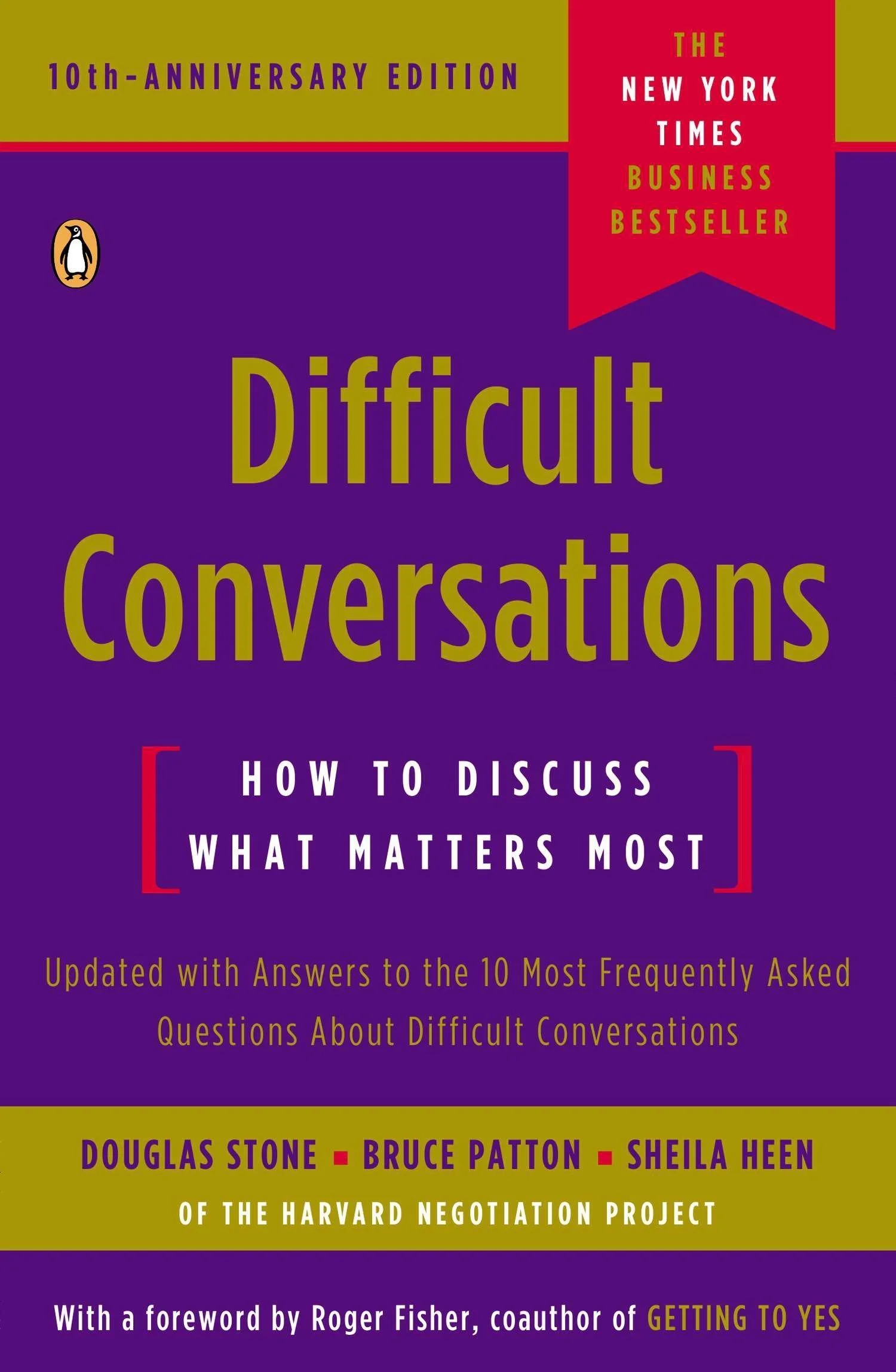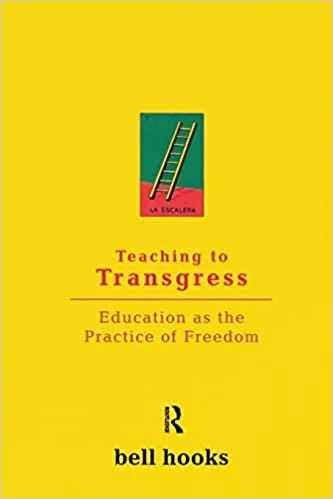A way forward
It’s easy to fall into the trap of scapegoating the teachers. This is a good opportunity to pause and reflect: How do you build identities for others as a way to build your own identity?
If you’re an administrator and/or “diversity” practitioner: Do you talk about teacher professional development as an intervention? What “kind of person” is the target of these interventions? Is the way you build and enact your identity dependent on constructing this person’s identity in a specific way? (Gee, 2014)
Reflect. Reframe. Reimagine.
Reflect
I consider myself a reflective person. I spend the majority of my day helping others reflect on their experiences in this community. Nevertheless, this experience taught me the utility of reflecting on the relational space between me and those with whom I interact (Stone et al., 2010). Paying more attention to this space has helped me gain an understanding of my own internalized (taken for granted) assumptions. I used to spend a lot of time trying to structure things for an “ideal” situation. When others did not behave in a way that signaled to me they shared these ideals, I recognized them as obstacles to overcome on the path toward progress. Now I strive to listen and observe for understanding and empathy in an effort to complicate my understanding of what I had reflexively dismissed as defensive resistance.
Continue reading >>>
Reframe
There are certain rules and practices associated with being a white teacher in a predominantly white school (Leonardo, 2009; Stevenson, 2014; Michael, 2015). Critical reflection on the intersection of our “common sense” and the racialized tension within our predominantly white independent school community revealed five default narratives that work in concert with our collective racial illiteracy to hold in place an inequitable and unjust status quo (Appendix H). Reframing our default narratives allows us an opportunity to invert our current status quo into something both generative and more reflective of the unstable nature of the future (Appendix I).
Continue reading >>>
Reimagine
How we choose to engage in a system we understand as problematic and toxic is up to us (Freire, 1993; hooks, 1994). Our limited sense of personal agency combined with our discursively narrow understanding of the historical and political context in which we work serves as a barrier to building a coalition of stakeholders committed to disrupting patterns of racial inequity and interpersonal racism in our community and the world. Recognizing that we make sense of the world through narratives of “the self” and “the other” is part of cracking the code of practitioner inquiry and racial literacy.
Continue reading >>>



